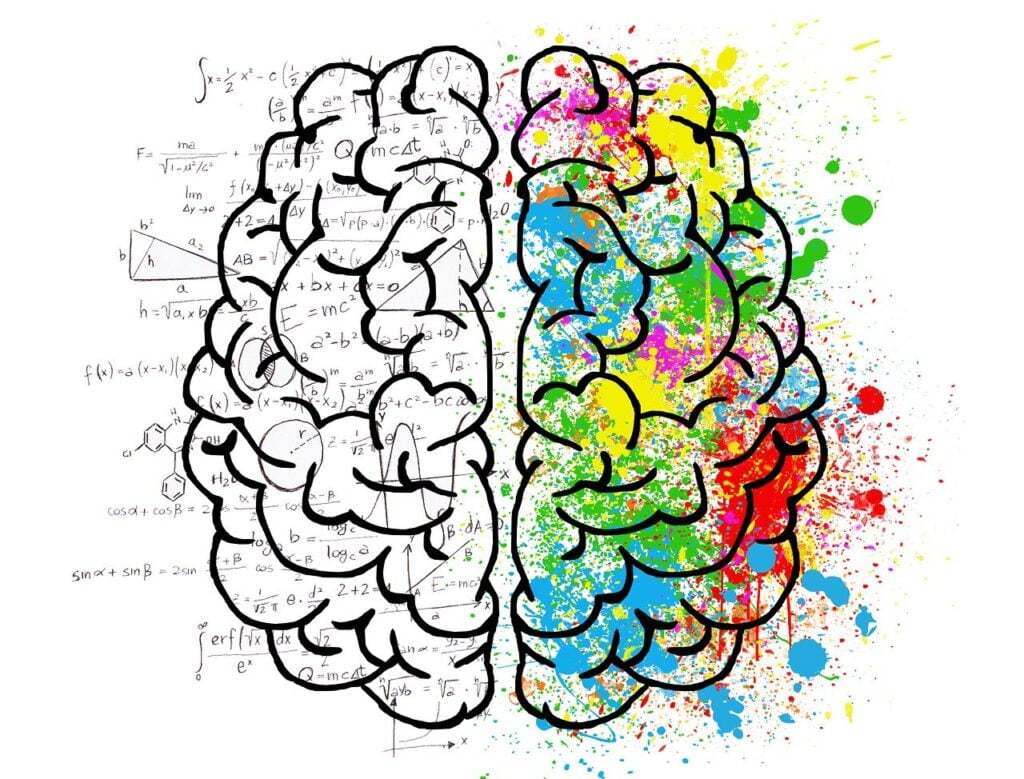Harnessing the Power of Your Brain: Adapt or Decline"
The marvel of your brain: adapt or watch it atrophy!
Harnessing the Power of Your Brain
Harnessing the Power of Your Brain:
Or the intriguing connection between hypnosis and neuroplasticity…
Hopefully, we all recognize by now that our brains are in a constant state of transformation. Today, I will elucidate how this phenomenon can either work to your advantage or be detrimental to you. It all comes down to creating new pathways in your brain.
Forging Fresh Pathways
When you acquire a new skill, you are essentially paving the way for new neurological pathways in your brain. Once these pathways are trodden often enough, they evolve into neurological superhighways – something athletes liken to muscle memory. However, this concept has more to do with the brain than actual muscles.
It’s worth noting that your mind doesn’t distinguish whether these pathways lead to beneficial or detrimental skills. The more you rehearse a particular action, the more it solidifies into a habit, for better or worse.
A Brief Tangent:
This is precisely why I am so insistent that my puppy doesn’t keep practicing behaviors I’d rather she didn’t learn. Both children and animals are extraordinary learning machines, constantly absorbing information and seeking opportunities to learn. If we don’t provide them with an environment to acquire useful skills, they’ll inevitably pick up a range of behaviors we’d rather they didn’t. But I digress…

The Unbiased Mind
Whether a new pathway is perceived as useful or not is irrelevant; the more you rehearse it, the stronger it becomes. This could be forming a habit like having panic attacks or smoking, or conversely, it could be learning to use mind-training techniques to stay calm and in control, performing a set of pushups, squats, or stepping outside when you’re hit with a craving for a smoke, a drink, or sweets.
Harnessing the Power of Your Brain
The Power of Hypnosis
Whenever you venture into something new, it typically isn’t easy at first, especially in the initial attempts. But if it holds significance for you, you’ll persist until you’ve forged a robust new neurological pathway. That’s where the excitement begins!
This is precisely why hypnosis is remarkably effective for these situations. The mind cannot distinguish between a real experience and a vividly imagined one. When you immerse yourself in a hypnotic trance and repeatedly rehearse the new behavior, you’re automatically creating new neurological pathways. How amazing is it to train your brain while simply zoning out on the sofa?
Hence, the traditional research on hypnotherapyhome suggests six sessions of direct suggestion hypnosis for a specific issue. In my experience, incorporating NLP and working with unconscious processes often reduces the number of sessions required.
Back to Learning a New Skill:
As you improve your abilities and develop new ones,
The more we challenge and stimulate our brains by learning new hobbies and skills, the more our cognitive faculties benefit. Daily crossword puzzles or Sudoku, while mentally engaging, eventually become repetitive once we’ve discerned the pattern.
Unfortunately, in today’s world filled with technology, we rarely need to rely on our memory or problem-solving skills. We can outsource these functions to our devices, which, although convenient, deprives our brains of the stimulation they crave.
You are essentially rewiring your brain machinery by “practicing” the skill. These novel pathways take charge of your learning process, turning your brain into a kind of self-rewiring machine
The Decline
This technological ease and lack of cognitive stimulation can lead to cognitive decline. In our third and fourth decades of life, many of us fall into a cognitive slump, as we transition from acquiring skills (which involve significant brain activity and the creation of new pathways) to utilizing established skills (which follow well-trodden neural pathways).
We often go about our daily tasks on autopilot, which, while comfortable, leads to a compromise in memory and cognitive speed.
In conclusion, my friends, the age-old adage holds true: use it or lose it when it comes to your brain’s incredible potential!
Related posts:
 How to use hypnotherapy to beat addiction.
How to use hypnotherapy to beat addiction.
 Why is better stay safe while flying with diabetes
Why is better stay safe while flying with diabetes
 Sexual Abuse Healing
Sexual Abuse Healing
Powered by YARPP.

